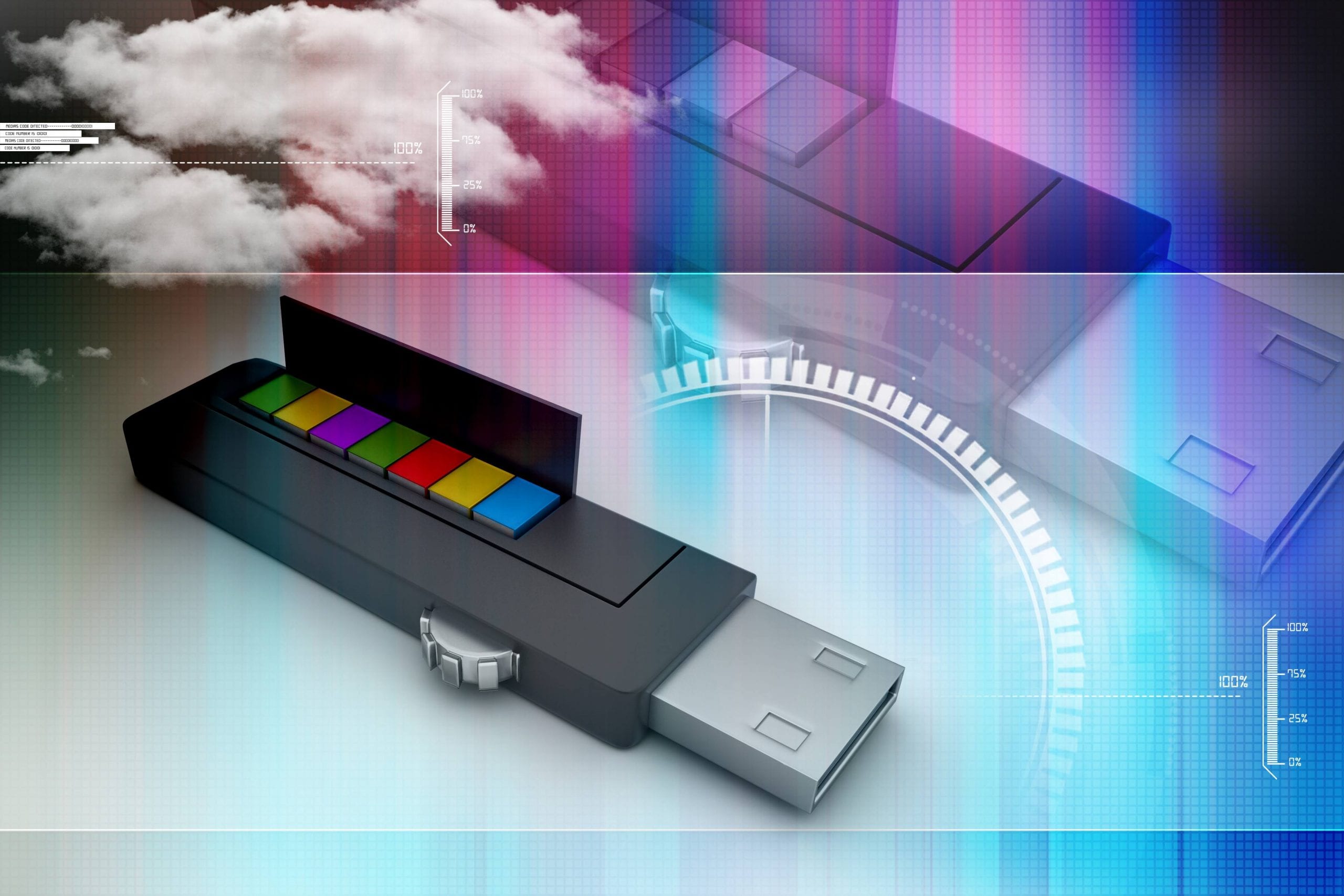Cloud Based Call Center for the 21st Century: Consumption-Based Pricing

In the quest to control costs and maximize margins, businesses turn to solutions with lower overhead and scalable services to right-size their costs. Unfortunately, premise-based call centers are hindered by the infrastructure they’re built on, and with software requiring constant updates, it’s clear that the call center industry needs to evolve. So the decision must be made whether to ditch the on-prem setup and move forward with 21st century technology, opting for a cloud-based call center solution.
Going virtual means less hardware. Pay-per-use means only paying for as much as your business demands. Cloud technologies have made it so that companies are able to perform well at scale and benefit from consumption-based pricing. Businesses are moving to the cloud in droves for software, operating systems, data storage—and even those services provided by call centers that have traditionally been rooted in on-premise hardware. According to CMSWire, the percentage of call centers using cloud-based call centers solutions will jump from 5 percent to 13 percent within the next two years.
Sticking with what you already have may not be the best or most economical decision, considering that cloud-based, VoIP call centers can significantly reduce overhead and lower ongoing costs as well.
For this discussion, let’s focus on the cost comparison between the two models (on-premise and cloud-based):
The On-Premise Pricing Model
The costs associated with a traditional call center begin with the massive outlay of capital. Within a few years, additional large capital expenses occur in the form of updates and upgrades. The on-premise pricing model includes:
- $250,000 or more for the PBX platform (often around $1M for a 100-person call center)
- $150,000 for a predictive dialer
- $100,000 for call recording software
- Annual salaries for dedicated technical staff and managers
The capital expenses above typically need to be repeated every five years or so to keep up with technology and replace failing hardware. Other costs of traditional call centers include thousands of dollars each year for features like whisper functionality.
The Cloud-Based Pricing Model
With a cloud-based system, the capital expenses are essentially restricted to the headsets and phones at each station—items that will need to be replaced only as often as they would with a traditional system.
Cloud call center pricing is based on per-user, per-month needs. For about $60 to $80 per month for each extension being used, the call center has access to essential and productive tools:
- Predictive dialing and call recording
- Whisper functionality
- Automated call distributor (ACD)
- Interactive Voice Response (IVR)
- Reporting and analytics tools
- Custom scripting
As you can see, you pay for the number of lines you need and comprehensive services come with the package. This is the power of cloud services: businesses of any size can tap into the resources of an industry specialist. Overhead vanishes, yet you always get the latest software. Your people and resources can work toward the heart of your actual business instead of constantly laboring over the upkeep of your call center.
The Power of Scalability
With a traditional system, businesses cannot save money when call center needs are low. If your business has a slow season, you pay to operate your on-premise system anyway. If you have low volume now but expect to grow, you have to purchase a larger system than you currently need and hope that you will grow into it.
Cloud-based call centers let you control costs by allowing for the reduction of services when desired. Consumption-based pricing saves money during the slow season and maintains the opportunity for profitability with on-demand scaling as needed.
With many hardware-based systems, you may have to spend a fortune just to add one more user after reaching a certain limit. Cloud systems scale perfectly to your needs, letting you accommodate busy seasons and growth spurts while only paying more when the company conducts enough business to warrant it. After GM recalls caused spikes in call volume, for example, the automaker implemented a scalable solution to meet changing needs.
Updates and Upgrades
In the not-too-distant future, if you’re operating an on-premise call center, you’ll need to make changes. Call center infrastructures typically need replacement every three to five years, which adds tens or hundreds of thousands of dollars in expenses that must be taken into account for a true cost comparison.
You can avoid these costs with a cloud-based service model. Hosted systems provide automatic updates and ongoing upgrades so that the service you pay for always provides current, state-of-the-art software and technologies.
Consumption-based pricing has become a hallmark of modern business, offering assurance that your costs will stay lockstep with business needs. You might not know exactly what you will need out of your call center in the years to come, but cloud systems give you the agility to adapt with evolving technology and scalable expenses—without the huge overhead to get things running.